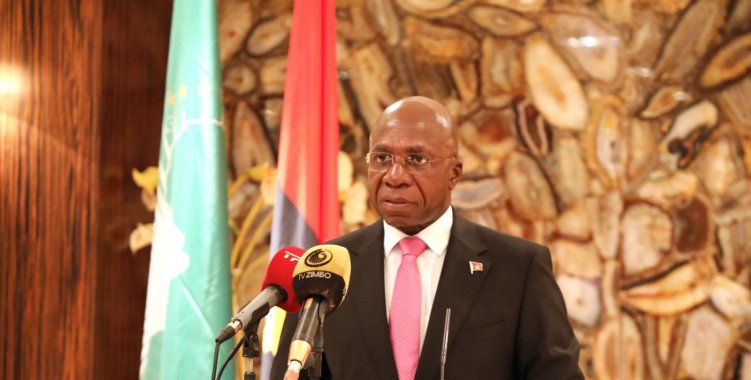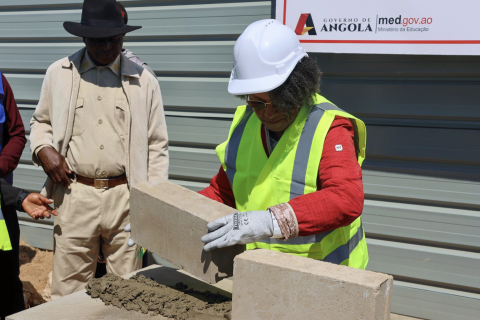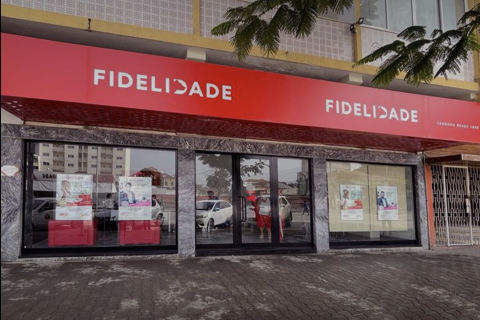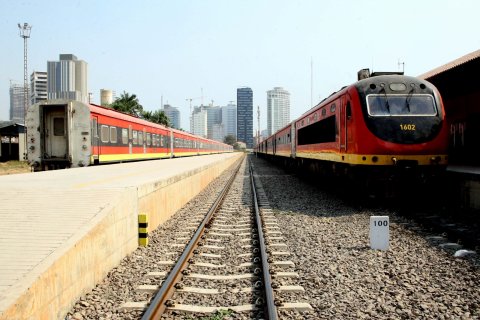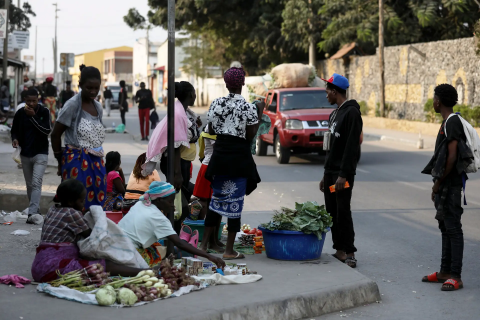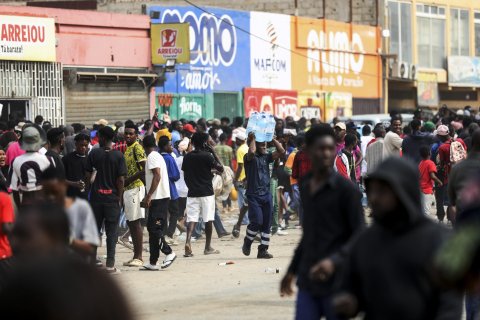"The head of Angolan diplomacy expressed his astonishment, considering that all efforts to resolve conflicts are welcome, but that African problems should have an African resolution", reads a statement from the Ministry of the Interior, to which VerAngola had access.
But it was not only Téte António who was taken by surprise by this meeting. According to the head of the Foreign Affairs portfolio, the President of the Republic, João Lourenço, was also surprised.
"The head of the diplomatic portfolio also added that João Lourenço, President of the Republic of Angola, expressed his surprise at Qatar's initiative to bring the two African leaders together in Doha", the statement says.
Angola, which holds the rotating presidency of the AU, "will not abandon its members and within the framework of the organization it will continue to seek solutions to bring peace to the continent", the minister also assured.
The journalists' questions arose when the Minister of Foreign Affairs was speaking to the press about the outcome of the visit of the new president of the African Union Commission, Mahmoud Ali Youssuf, to Angola.
Youssuf, who left Luanda on Thursday morning, was on a 24-hour working visit to the country.
"In the protocol room of the 4 de Fevereiro International Airport, the African leader received farewell greetings from Téte António, Angola's Minister of Foreign Affairs and President of the Executive Council of the African Union", who, speaking to the press at the location, "presented the outcome of the visit of the new president of the African Union Commission to the Angolan capital, where he focused on issues of peace and security on the African continent, as well as the General Guidelines of Angola's Presidency of the African Union".
Félix Tshisekedi and Paul Kagame met in Doha with the Emir of Qatar, where they discussed the conflict in eastern Congo, which pits government forces against the March 23 Movement (M23), which is supported by Rwanda – according to the UN and countries such as the USA, Germany and France.
On the same day, a meeting was scheduled in Luanda between delegations from the government of the DR Congo and the M23, but it was postponed until "an opportune time" due to "force majeure circumstances", as announced by the Angolan authorities, following the absence of the M23.
The Angolan government, which is assuming the role of mediator in the search for a solution to the ongoing conflict in eastern DR Congo, assured at the time that it "continues to make every effort to ensure that the aforementioned meeting takes place at an opportune time, reaffirming that dialogue is the only lasting solution for peace" in that region of the neighbouring DR Congo.
At the end of Monday, the M23 announced that it was canceling its participation in the meeting, the first to bring together rebels and Congolese authorities, justifying its absence in light of the positions of "international institutions", following the announcement by the European Union of sanctions against interests and individuals linked to the rebel offensives.
The armed activity of the M23 – a group made up mainly of Tutsis victims of the 1994 Rwandan genocide – resumed in November 2021 with lightning attacks against the government army in North Kivu, having advanced on several fronts and raising fears of a possible regional war.

